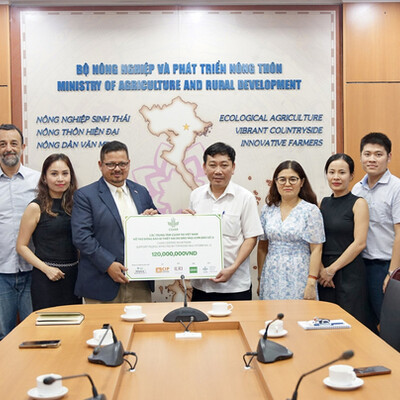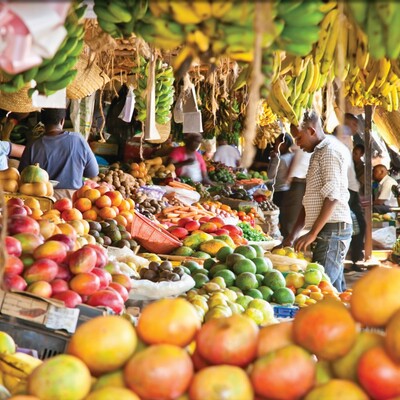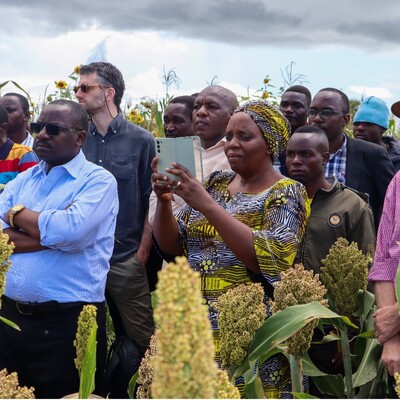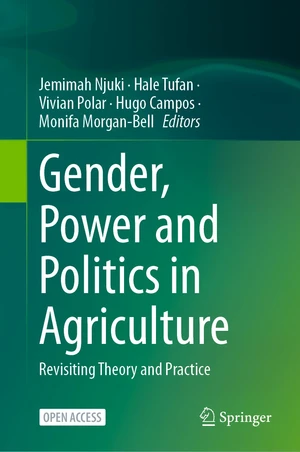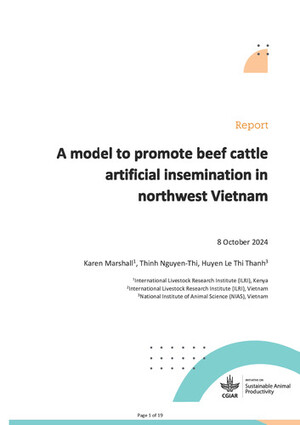
FAO conference on global hunger to launch
More than 820 million people in the world are hungry today and an additional 1.3 billion suffer from moderate food insecurity, meaning they do not have regular access to nutritious food. Alarmingly, for the third straight year those numbers have risen, despite massive global commitments to reduce or end hunger and the harms, such as stunting and perilously low birthweight, associated with it.
Those are the headline conclusions of the 2019 State of Food Security and Nutrition in the World, published by the Food and Agriculture Organization (FAO). This week the Committee on World Food Security (CFS), a gathering of many of the world’s leading scientists and food system policy makers, will assemble at the FAO in Rome to discuss how to put the world back on track to meeting the United Nation’s (UN) sustainable development goals, and in particular SDG2, ending world hunger.
The world has made great strides over the past two decades in reducing the number of undernourished people. Economic growth and increased agricultural productivity have halved the number of malnourished, and developing countries in Central and East Asia, Latin America and the Caribbean have all made huge progress in eradicating extreme hunger.
But food insecurity remains a serious problem in southern Asia, pockets of Latin America, and large swathes of sub-Saharan Africa. In Africa, in particular, hunger remains a severe problem, affecting 23 percent of the population.
The International Livestock Research Institute (ILRI) will be represented in force at this week’s CFS. Follow along on our tweets (hashtagged #ILRIatCFS46) and blog posts for continuing coverage of the event—and in particular, for ILRI’s thoughts on how livestock can help strengthen the world’s food systems, especially in the global south.








